This month’s focus on training and development is, by default, all about people.
It is people who still do most of the tasks required in our workplaces, and who buy and learn from others. They can also relate to other people and even like them sometimes.
Every company invests to survive and develop – be that in property, plant, equipment, technology or research and development – but do we see our people as an investment or a cost?
If our workforce simply isn’t large enough, our economy will stagnate and fail to reach its potential.”
Human capital continues to be the single most important factor in determining the success or failure of Scotland’s businesses and the overall economy. We often hear and read about the need for more training, skills gaps, re-skilling, lifelong learning – all of which, of course, are vital ingredients.
In the north-east of Scotland the re-skilling challenge is crystalised by our transition from a fossil fuel-driven economy to renewables. The recent Making the Switch report by Robert Gordon University shows 45,000 people in the region are employed in the offshore energy sector.
It looks at four future scenarios and the worst of these – “regional decline” – sees this figure fall by an eye-watering 17,000 by 2030 as the UK oil and gas industry declines.
That’s the price of failing to take the opportunity in front of us.
If we achieve our ambitions to become a “global new energy hub”, the 45,000 could grow to 54,000, but only if we get the nature and timing of related decisions right.
But even more fundamental than any of this is the growing reality of a lack of people. If our workforce simply isn’t large enough, our economy will stagnate and fail to reach its potential.
In line with most European neighbours, Scotland’s population is ageing. By 2030, one-fifth of our population will be of retirement age. By 2050 that figure will surpass a quarter – meaning, without population growth the number of employees available to companies will continue to decline.
World Bank figures show Scotland’s population grew by only 5% between 1970 and 2020. This lags well behind peer nations Denmark (17%), Finland (20%), Norway (38%) and Ireland (67%) and, so far, it seems Brexit is serving only to exacerbate this gap.
So, first and foremost our challenge is to make sure immigration policy is fit for purpose and possibly devolved to regions to ensure our firms have access to the workforce they need to prosper. We then need to be better at telling our story to encourage more people to locate, live and work here. Only then can we turn our attention to making sure they have the necessary skills to fill the range of jobs that will power our future economy.
Back to the here and now, and as a result of the above factors – in tandem with the incredible cocktail of events we are living through – we are in one of the tightest employment markets in living memory.
The pandemic saw staff training and development slip down the list of priorities, as well as being more difficult to meaningfully deliver. Many job roles changed during this period but, due to the prevailing circumstances and challenges, staff were often not given the training to help them step up and deliver new duties to the best of their ability.
Competitive advantage
The good news is a growing number of businesses see investing in staff training and development as key to retaining and attracting the very best people in this highly competitive environment. Using training to enhance the expertise and productivity of teams provides a competitive advantage, both in business performance and staff satisfaction.
This is borne out by the increasing number of bookings and inquiries we are seeing for the comprehensive training programmes offered by the chamber; from business and finance, and management and leadership to international trade and lots more. Across our network we run around 4,000 courses – attended by 30,000 delegates – every year.
But staff development is about more than just formal training. It’s about on-the-job learning, mentoring and ad-hoc colleague support, and the simple fact for employers is that achieving all of this as well as meaningful inclusion is much more challenging in a virtual environment.
New Office for National Statistics data unsurprisingly suggests the number of people working from home has more than doubled, compared to before the pandemic, with a bigger increase in Scotland than other parts of the UK.
Well, there’s a surprise, with Scottish Government messaging having stopped short of saying it’s ok to return to the office.
No substitute for office environment
This is a particular challenge for our young people, recent graduates or those in their first jobs from school. Many have never been in an office, met their colleagues face-to-face or had to opportunity for the incidental, environmental learning previous generations benefitted hugely from.
We need the public sector to take a lead and employers to be brave in resisting the idea that emergency measures should be made permanent.
Otherwise, the cost will be borne by our future workforce, who won’t have the rounded skillset we need for them, and their employers, to succeed.
Russell Borthwick is chief executive of Aberdeen and Grampian Chamber of Commerce.
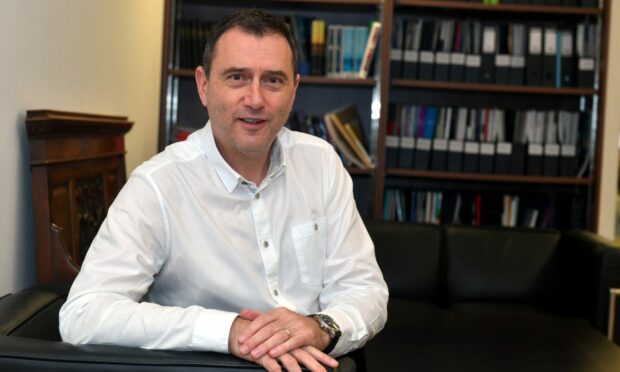




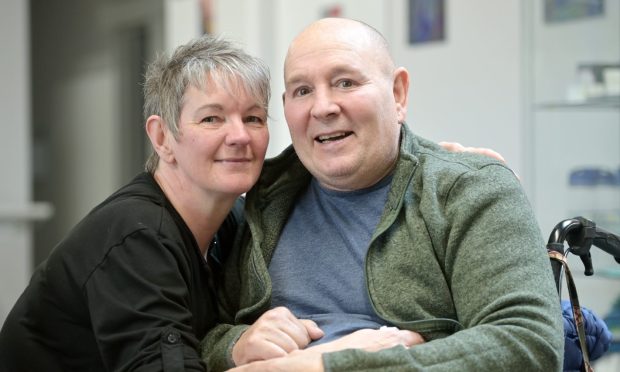

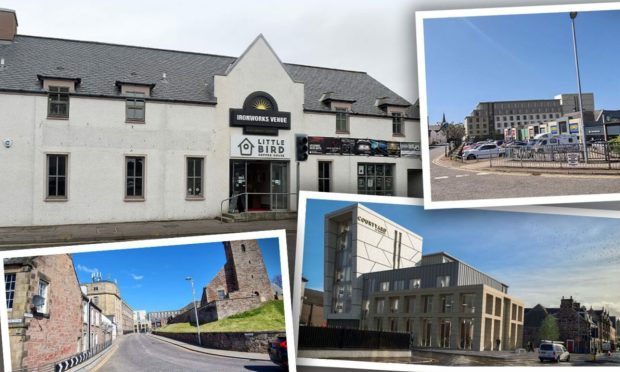
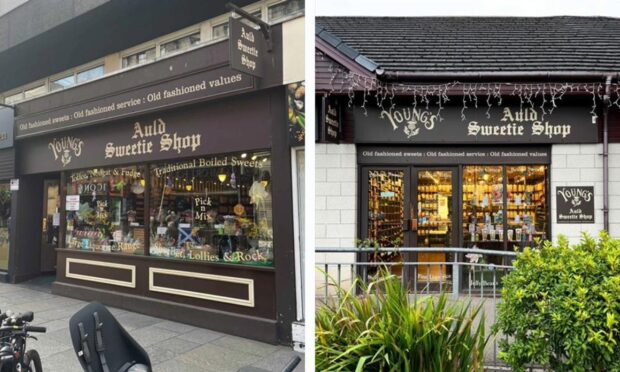


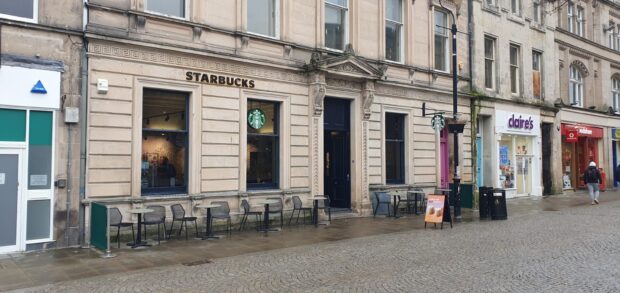
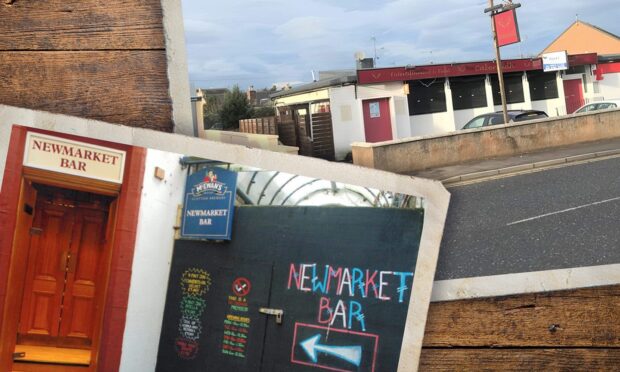
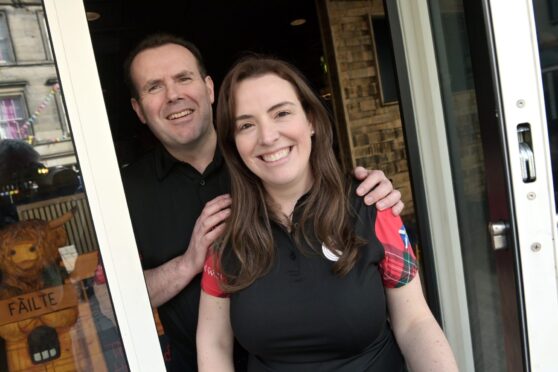

Conversation